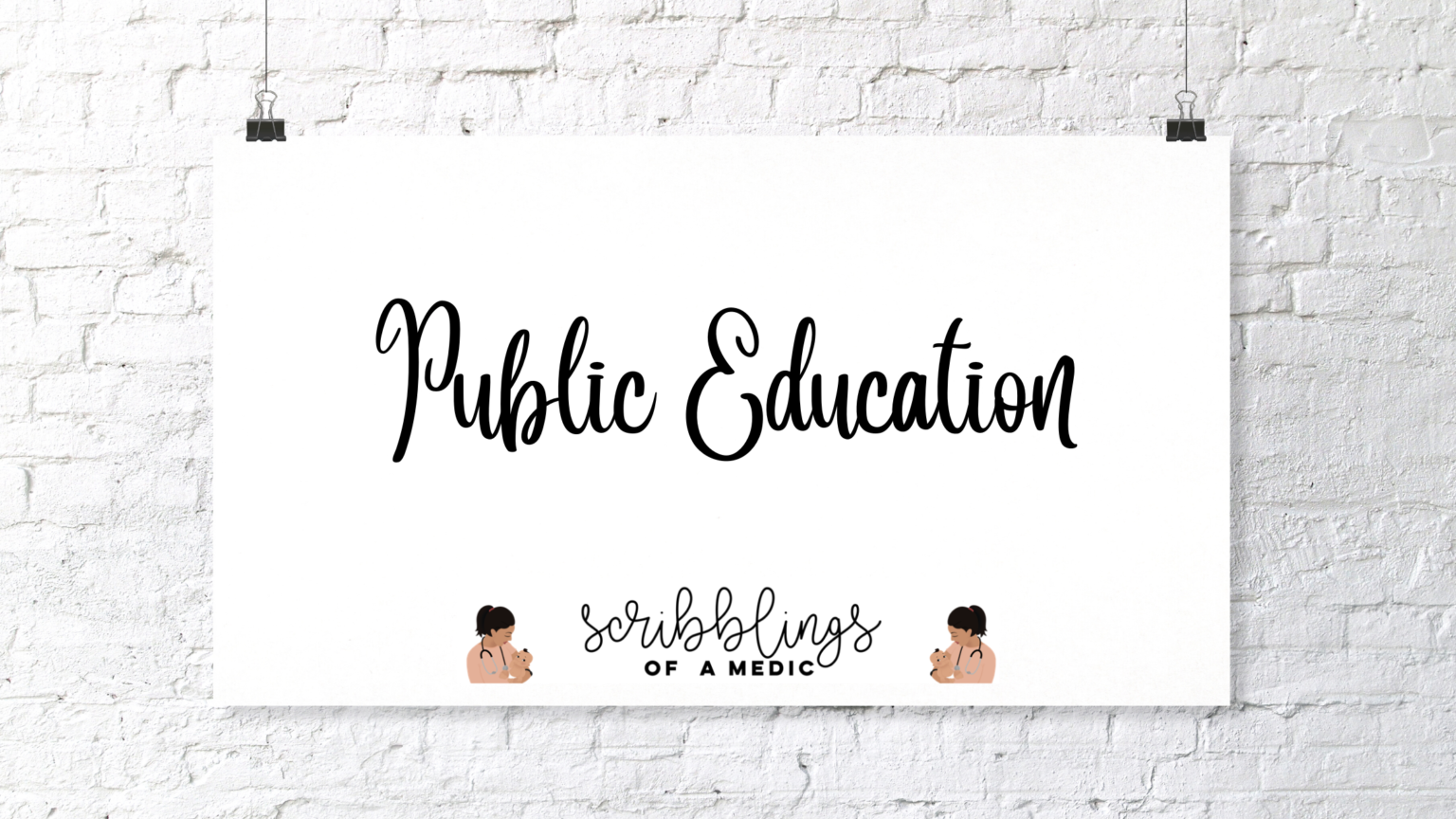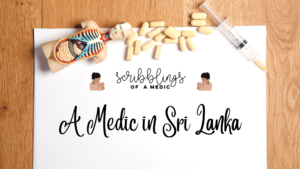Females have a lot of things to curse about. Waxing. Shaving. The cat-calling. The “no trousers” rule for female doctors in hospital (don’t get me started). One of the worst things we women have to deal with however is mother nature’s monthly gift.
Now if it was just a bleed that would be fine. But oh hell no. It has to come with mind blowing cramps that start at your spine and runs all the way down to your thighs. The sweating, fainting and vomiting.
The medical term for this condition is Dysmenorrhoea. I have suffered from painful periods since my final year at school. In addition to the usual back breaking contractions (I mean, this must be a peak at what labour is like), I also feel nauseous, invariably throw up and may occasional have a nice fainting spell. All of this will come on as a sudden attack. The best part of all of this is that I cannot predict when an attack is going to come on so I will be innocently just going on with my life when BANG. A sweat dripping, dry mouth inducing wave of parasympathetic stimulation comes into play and I just know that it is not going to end well. My dysmenorrhoea became so bad that my OBGyn lecturer in medical school would use me as an example to explain the condition to my juniors.
After years of researching and investigating about the condition, I consider myself a mini-expert. So here’s what you should know if you or someone you know is suffering from insanely painful periods that interrupt with your day to day life.
What is dysmenorrhoea?
Pain during your period occurs due to the spasm of blood vessels in the uterus and the release of inflammatory mediators (e.g. cytokines). It is common for the mother or female siblings of the patient to also have painful periods. The pain normally comes on in the 1st 2 days of the period. There can be no obvious cause, but very rarely there can be an underlying cause for the painful periods. 1 in 10 females experience dysmenorrhoea where their periods interfere with their day to day activitiesmso just know that you are not alone!
Some of the secondary causes may include endometriosis, adenomyosis, pelvic inflammatory disease, fibroids and congenital abnormalities. So it is important that you rule all of these out before choosing the treatment.
How should I investigate it?
The number one step would be to find a good gynaecologist in Sri Lanka. Not going to lie, that is almost as challenging as the dealing with your periods. We have plenty of capable gynaecologist in Sri Lanka, but finding one that is non-judgemental and that you gel well with is a different story. There is no way getting around it. The only thing to do is to ask around, get a few recommendations and make a few appointments.
The doctor should after asking a few questions, examine your abdomen. Sri Lanka is a bit iffy about doing pelvic exams if you are unmarried (a.k.a. a virgin – assumption made on the basis of if you are married or not) and so there most likely will not be any examination down below.
Investigations may include an STI screen and ultrasound scan (to rule out fibroids or endiometriomas – these are benign growths). Most likely the scan will be abdominal and not trans-vaginal. Laparoscopy (which is a more invasive) is reserved for those who have abnormalities on scan – basically you have to go under general anaesthesia and a little camera is inserted into your abdomen to look for any abnormalities – they need to make small incisions for this. If you have any light headedness or symptoms of anaemia (such as pallor, faintishness, shortness of breath) your doctor may want to check your blood to see if the haemoglobin level is low.
If an underlying cause is found then that would need specific treatment as directed by your doctor, but if no cause is found then the tips below would definitely help!
Top 5 ways to survive the pain

- Hot water bottle – this is the first thing I find the moment I get an inkling that my period is on the way. The heat really helps with the uterine contractions and lying down with the hot water bottle against your tummy is a little slice of heaven during those times of mind crushing numbing pain.
- Painkillers – mefenamic acid a.k.a ponston is an effective painkiller to combat period pain. Paracetamol can also be taken, but is not as effective as Mefenamic acid. Remember that you should NEVER mix and match your painkillers. Always take the painkillers as directed by your doctor – Mefenamic acid is taken 6 hourly as is Paracetamol, but do not take them both together.
- The pill – a trial of the combined oral contraceptive pill may be suggested by your doctor if there is no pain relief. I took it for almost a year to stop ovulation, but did have the monthly break through bleed. It was a life saver! I did however get hunger cravings and therefore did put on a bit of weight. This side effect can be easily avoided though if you don’t give in to your cravings. Check out this blog post for more information on oral contraceptive pills.
- Exercise – moving on your period is probably the last thing you would want to do, but trust me it will help. Don’t do anything too intense or else you’ll pass out. A little low intensity cardio such as zumba or a jog may help distract you from the pain and also keep you fit! Winner!
- Sleep – possibly my most favourite activity ever whilst on my period. This is obviously a bit more challenging when my shifts are all over the place, but I definitely do try to get as much sleep as possible when I’m on my period because as all us females know, a period pain attack is exhausting.
I hope this simplifies the complicated world of period pain and helps you navigate its’ treacherous waters. If you have anymore tips for helping with the pain, do let me know 🙂





